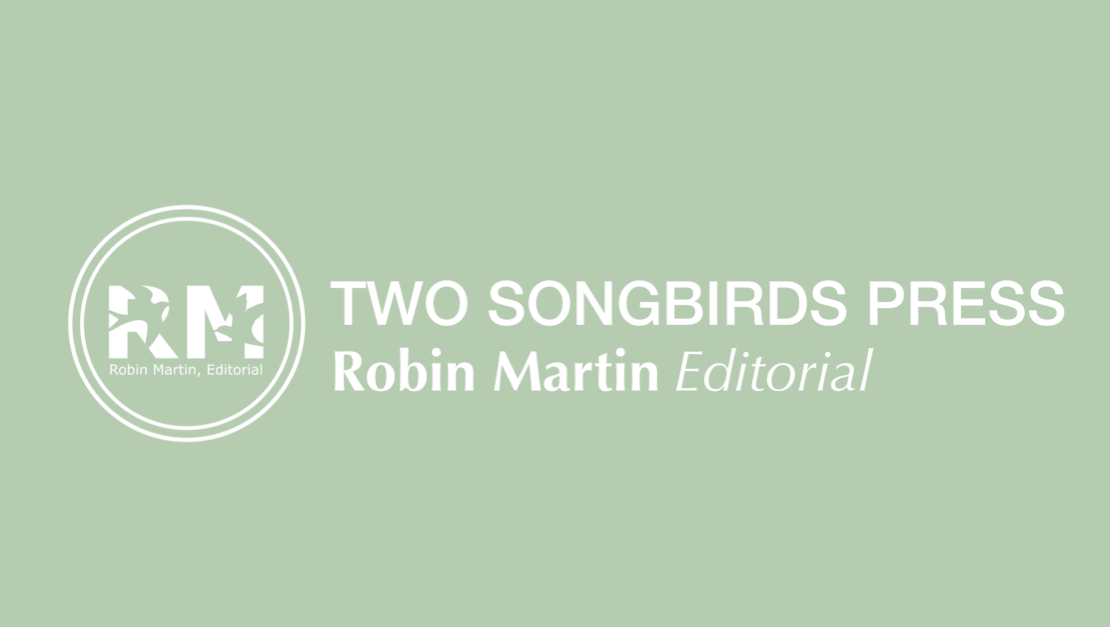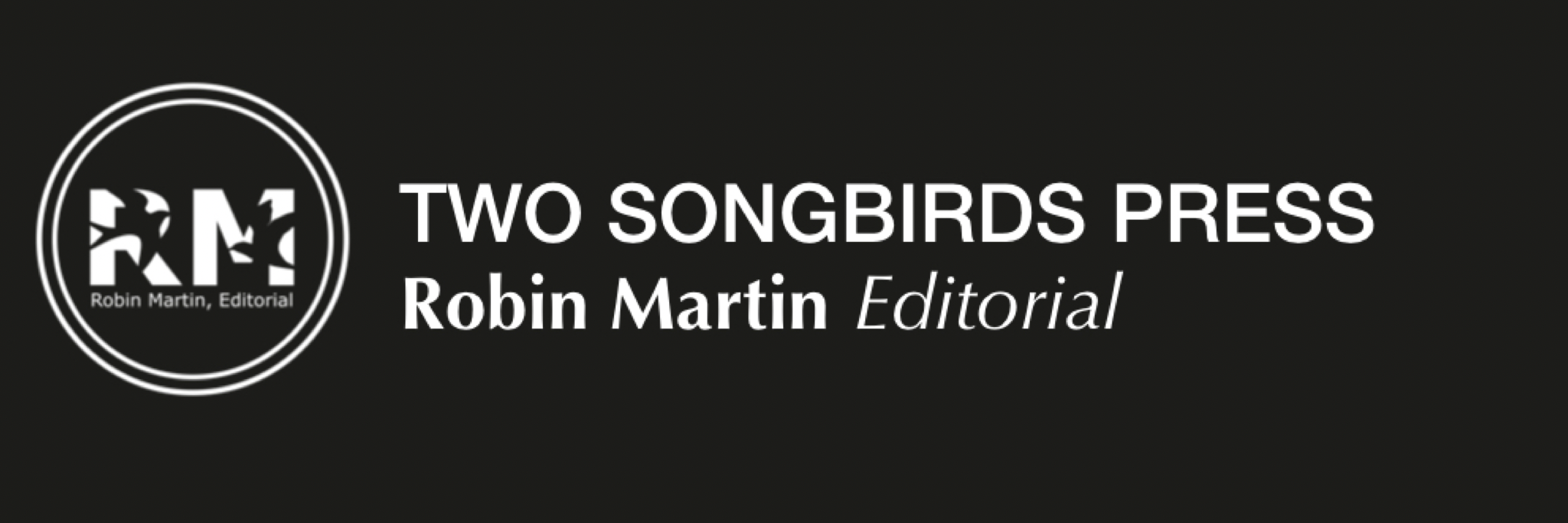- February 28, 2012
- Robin Martin
- No Comments

After spending the weekend with a wide representation of the writing and publishing community, I am more excited than ever to be a part of it. The SFWC has changed form even in the short time that I’ve been involved with it. Just a few years ago, the workshops and presentations focused exclusively on writing craft and traditional publishing strategies. This year it felt almost as though the offerings were heavier on alternative publishing routes and social media/self promotion strategies. Perhaps it is the sign of the wind going out of the sails of traditional publishing, or maybe it is a sign of the money and resources that are being funneled into self-publishing platforms. In any case, it is certainly a very dynamic place to be, with all the change swirling around us.
On the one hand, editors from traditional publishing houses and the agents who are the gatekeepers for them are still treated like movie stars, and getting them to read and acquire your manuscript is still presented as the capstone of the writing process. Talk of their demise still, too often, largely sounds like sour grapes. Yes, the trad model is being forced to change by digital options. Technology has always forced change. That’s the way it goes.
And, yes, on the other hand, this change is allowing for the democratization of publishing, and it is allowing more great stories to be made available to the public. All the financial benefits, if there are any, fall to the writer. It doesn’t take close to three years for a book to get to an audience. And. And. And.
Here’s one side of what I came away from SFWC with: Self publishing is still the less-favored stepchild, despite all the popular rhetoric to the contrary. Self-publishers (and the editors who assist them) are still seen as less trustworthy, even by the most outspoken advocates of self-publishing.*
Part of the reason for this is the same reason that so many writers flock to self-publishing. Anyone can do it. And with no gatekeepers, lots of shit gets through. Agents and editors at publishing houses continue to serve a valuable function when it comes to debut fiction–they filter a lot of stuff that is not ready to be read. They filter first drafts and keep them off of the bookshelves.
If you are a writer intent on publishing on Amazon, the onus is on you to help change the bad reputation of self-published books. I heard a lot of talk about this at the conference, and I loved to hear it, both as an editor (duh) and also as a voracious reader.
If I buy a book I want it to be better than the first drafts I am being paid to edit. I will only buy so many bad self-published books before I decide I won’t waste any more money. I have heard this a lot. Many people still don’t trust self-published authors.
If every wanna-be writer keeps publishing the books they write without the benefit of writing classes or critique groups or editorial services, the quality of the books…. An old rant.
The reason I’m excited to be a part of publishing now is that I believe this is changing. At SFWC I heard a lot about writers taking responsibility for the publisher role, and this means if you’re going to be a publisher you have to think like a business person.
Publishing is in a state of flux. Traditional publishing has to modify itself and knows it. Self-publishing really has nowhere to go but up. Ride with me on the front of the wave.
*I am basing this on the answer I received to a question I asked Alan Rinzler at the conference.



